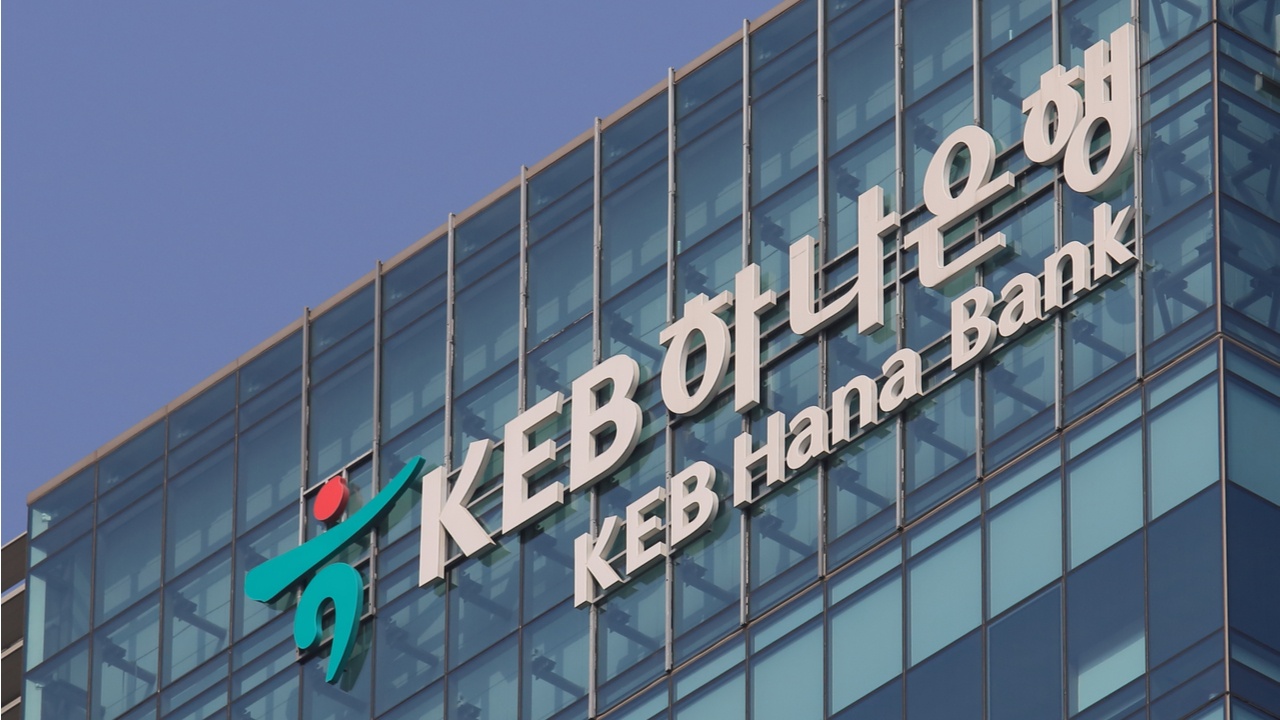South Korean banking institutions have reportedly demanded immunity from prosecution for crimes involving cryptocurrencies, such as money laundering. According to local media reports, banking regulators are currently working on legislation that will absolve Korean banks of duty when it comes to screening the crypto exchanges with which they do business.
New Guidelines to Ensure South Korean Banks’ Satisfaction
Korean banks continue to be hesitant to open real-name accounts for cryptocurrency traders on domestic exchanges, the Korea Herald reported on Sunday. The reasons for this are hidden in recently enacted legislation requiring trading platforms to collaborate with domestic financial institutions. Few of them have succeeded, as banks fear being held accountable for money laundering, fraud, and other cryptocurrency-related misdeeds.
According to the Korean daily, the Financial Services Commission (FSC), South Korea’s primary financial regulator, is now considering issuing specific guidelines that would alleviate some of the pressure on banks. According to the journal, the instructions are expected to take the form of “no-action letters” in which government officials can indicate that they will not suggest legal action against banks if the aforementioned difficulties develop.
A final decision on the case, the person stated, is likely before the end of next month. The research indicates that authorities are aware of financial institutions’ concerns. Banks now face liability for failing to detect suspected fraud or money laundering when issuing real-name accounts. The adoption of necessary norms to protect Korean banks from such threats can allay their concerns and allow them to engage with crypto service providers.
Banks and Exchanges Stuck on the Issue of Real-Name Accounts
Amendments to the Act on Reporting and Using Specified Financial Transaction Information, which took effect in March, compel Korean crypto exchanges to work with local commercial banks to provide customers with real-name accounts by Sept. 24. However, large institutions such as the Hana banking group have decided to remain out of the sector for the time being.
Only four of the main trading platforms, Upbit, Bithumb, Coinone, and Korbit, have been able to get a banking partner thus far. According to the Korea Herald, the online K Bank presently opens real-name accounts for Upbit, while Shinhan Bank works with Korbit and NH Nonghyup Bank works with Bithumb and Coinone.

Simultaneously, hundreds of smaller exchanges face a ban on cryptocurrency withdrawals if they do not acquire a cooperation with a Korean bank by the September deadline. In April, FSC Chairman Eun Sung-soo warned that all 200 platforms in South Korea could be shut down.
Meanwhile, a number of Korean exchanges have begun delisting certain “high-risk” coins and placing others on warning lists in anticipation of the country’s anticipated tougher regulations on crypto-related transactions. The delisting, which has heightened market volatility, is also being considered as a means of appeasing Korean banks.
Do you believe cryptocurrency exchanges will be able to convince Korean banks to open accounts in its traders’ true names? Inform us in the section below.
The post Korean Banks to Be Relieved of Liability for Crypto-Related Crime, Report Suggests appeared first on https://cryptoscoop.news
The Article Korean Banks Released From Liability for Crypto-Related Crime First Appeared ON
: https://gqcentral.co.uk





Comments are closed